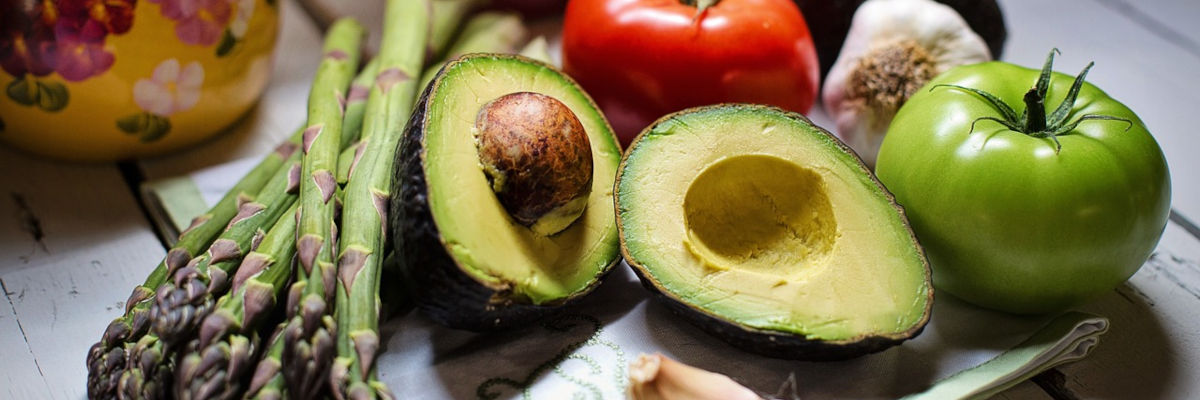Welcome to our deep dive into one of the hottest topics in the health and wellness industry: vegan weight loss. Whether you're thinking about going green for health, ethical, or environmental reasons, this guide will give you the necessary tools, tips, and advice you need on how to lose weight as a vegan. Our focus will be on providing you with a solid basis for a vegan weight loss meal plan that not only reduces your waistline but also contributes to overall wellbeing and sustainability. This journey of discovery will reveal how harnessing the power of plant-based eating can help you achieve a healthier body and mind.
Understanding Veganism for Weight Loss
Before we dive into the specifics of vegan weight loss, it’s essential to understand what veganism is and how it aids in weight loss. Veganism is more than just a diet; it’s a lifestyle choice. It's a conscious decision to avoid all animal-derived products, not just in diet but also in clothing, cosmetics, and more. However, our focus for this guide is principally on the dietary aspect of veganism. Transitioning to veganism can lead to weight loss without the need for calorie counting or intense fitness regimens. The absence of animal products often results in meals that are lower in fats, but still high in proteins, fiber, and essential nutrients.
The key to success in vegan weight loss, as with any weight loss plan, is to maintain a calorie deficit. This means consuming fewer calories than your body burns. A vegan diet can make maintaining this deficit easier, as plant-based foods are typically lower in calories but higher in volume, helping you feel full faster and for longer periods.
Starting off Right: Mapping Your Vegan Weight Loss Meal Plan
Planning is key when transitioning to a vegan diet for weight loss. It's not simply about cutting out meat and dairy, it's about making sure you're getting the right nutrients in the right quantities. Developing a balanced vegan weight loss meal plan is paramount in managing your calorie intake, ensuring nutritional needs are met, and keeping your taste buds satisfied.
Start with an assessment of your dietary needs based on your body weight, fitness level, and weight loss goals. This will provide a clear idea of your daily calorie consumption needs. With this in mind, you can start to assemble a meal plan filled with wholesome, plant-based foods such as fruits, vegetables, whole grains, legumes, nuts, and seeds. These foods contribute to a fulfilling and diverse menu, packed full of the proteins, carbs, and fats that your body needs to operate optimally.
Vegan Weight Loss Tips: Your Pathway to Success
Embarking on how to lose weight as a vegan is no casual task, but we're here to offer some tried-and-true vegan weight loss tips that will help ease your transition and increase your chances of success. As you progress in your journey, remember: all good things take time. Be patient with your body, embrace the changes, and celebrate the small victories as you work towards your larger weight loss goals.
Continuing where we left off, one of the primary reasons why people choose a vegan diet to lose weight is to cut down on calorie intake without sacrificing essential nutrients. Delving deeper into the mechanics of vegan weight loss may assist you in achieving your health goals more efficiently.
Understanding Weight Loss on a Vegan Diet
Your weight loss within a vegan lifestyle will largely depend on what type of vegan diet you embrace. Simply cutting out animal products without considering the overall quality and balance of your diet may not yield the desired results. If you're consuming large amounts of vegan junk food like cookies, chips, or sugar-packed smoothies, the calories can still add up fast. Opt for nutrient-dense foods that are high in fiber and you're less likely to consume excess calories.
Fiber-rich foods like fruits, vegetables, grains, and legumes can bring about a feeling of fullness and act as an appetite suppressant. Protein, too, can play a vital role in weight management by promoting satiety, helping in muscle repair, and increasing metabolism.
Planning Your Vegan Diet
It's essential to plan out your vegan meals to ensure you're getting a balanced, healthy diet that will effectively lead to weight loss. Try to familiarize yourself with nutritional labels and ingredient lists to help you make smarter choices.
Make sure your diet is abundant in vitamins, minerals, and various other essential nutrients. Incorporate a wide variety of fruits, vegetables, whole grains, legumes, nuts, and seeds. Not only will these help you lose weight, but they'll also keep your body operating at its best. Use plant-based proteins as your primary protein sources, such as lentils, chickpeas, tempeh, and quinoa. Also, include healthy fats such as avocados and nuts to your meals.
Exercise and a Vegan Diet
Changing your diet alone isn’t the only solution; being physically active is crucial too. Regular exercise can help you burn extra calories and boost your metabolism while bringing many health benefits, from improving mood to promoting better sleep.
Remember to consult a professional before commencing a new diet or fitness program.
Ready, Set, Go Green!
Switching to a vegan lifestyle can be exciting and challenging. It's important to stay patient and give your body time to adjust. Engage in regular meals and maintain your health with a balanced vegan diet and regular exercise. The path of vegan weight loss isn't just about cutting down on pounds. It's about showing compassion to your body, animals, and the environment which makes the journey even more rewarding.
Remember, sooner or later, the scale will reflect your hard work!




